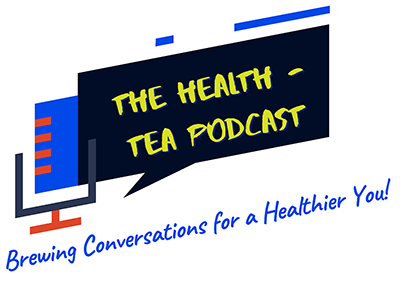
Public Health and Community Health Education

Public Health and Community health in the classroom
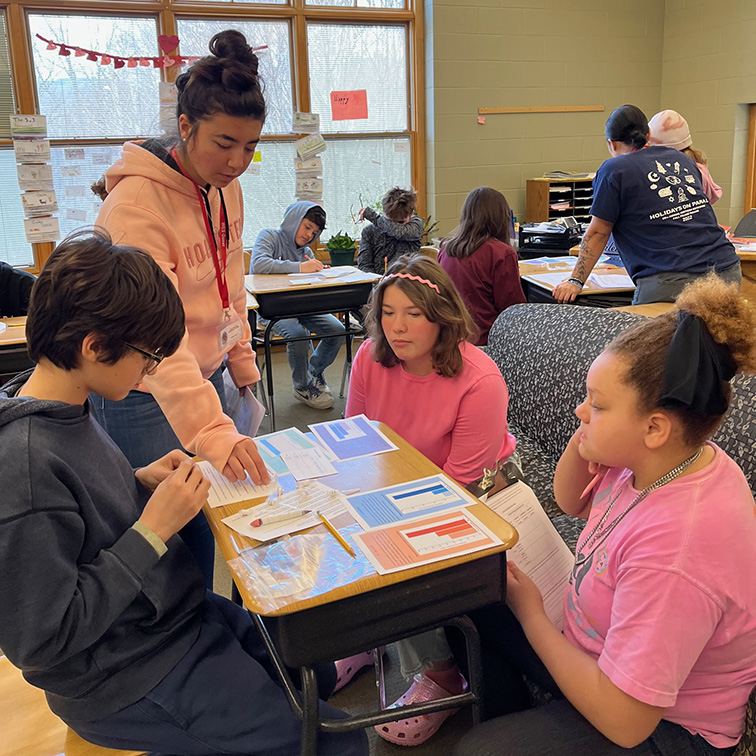
Public Health and Community health in the classroom
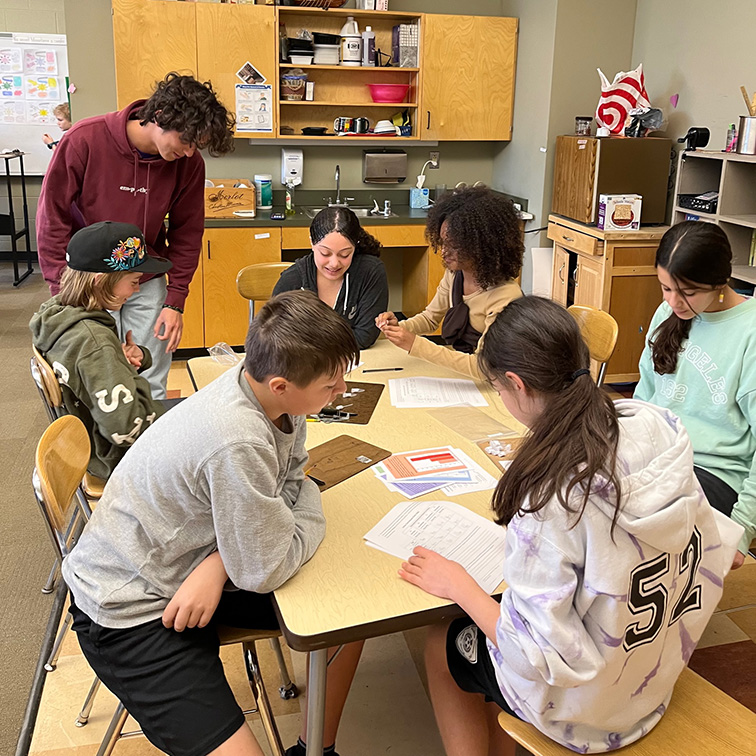
Public Health and Community health in the classroom
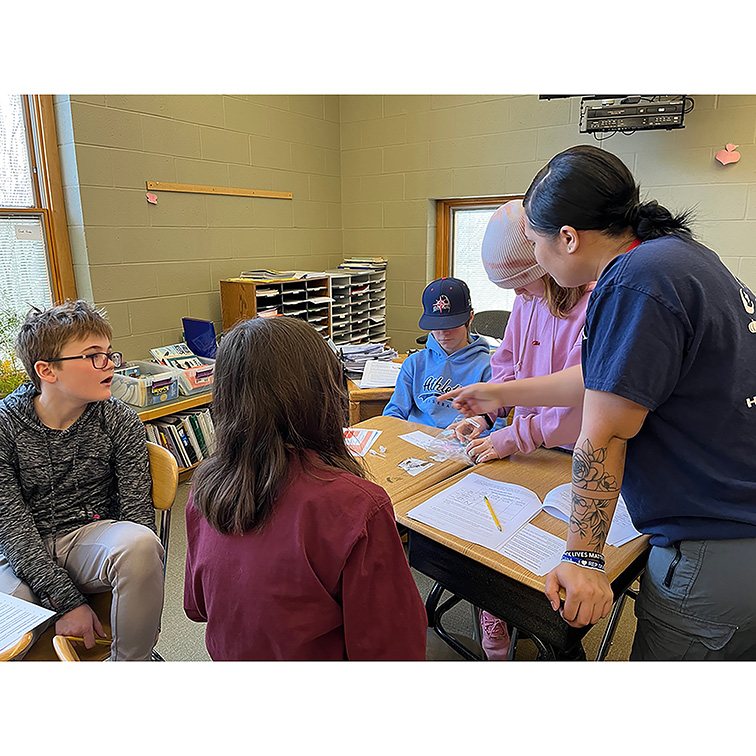
Public Health and Community health in the classroom
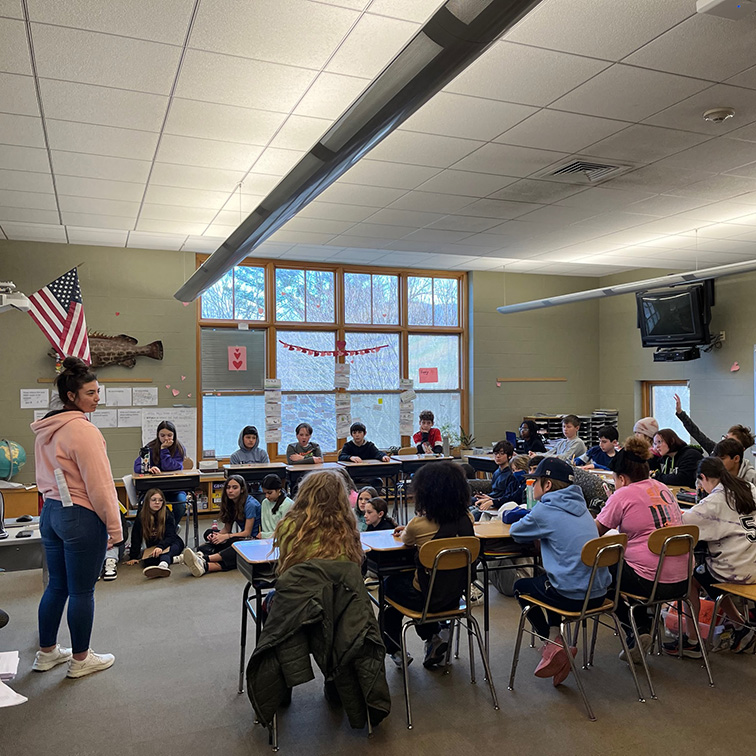
Public Health and Community health in the classroom

Public Health and Community health in the classroom
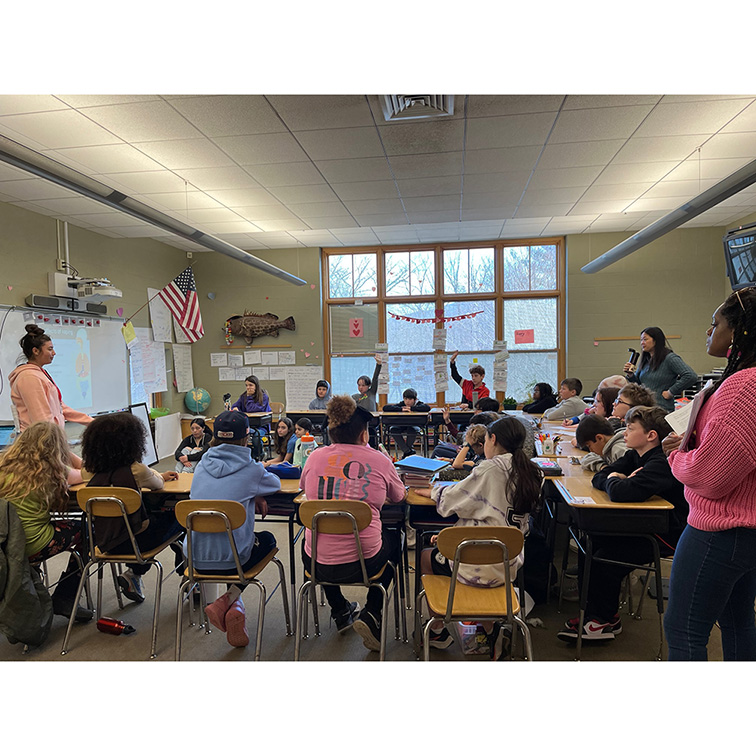
Public Health and Community health in the classroom

Public Health and Community health in the classroom
Overview of the Public Health and Community Health Education Major
 The Public Health and Community health education major is an interdisciplinary program
that trains students to be the front-line leaders on the front-line of public health
locally and nationwide. Public Health is population based and focuses on the promotion
and protection of health as well the reduction of health disparities thereby improving
the quality of life. Students in this program will acquire the tools to be effective
educators and advocates through the study of social theories, biological basis of
disease and the analysis and implementation of policies and communications strategies
that influence the health status of individuals, communities, states and the nation.
The Public Health and Community health education major is an interdisciplinary program
that trains students to be the front-line leaders on the front-line of public health
locally and nationwide. Public Health is population based and focuses on the promotion
and protection of health as well the reduction of health disparities thereby improving
the quality of life. Students in this program will acquire the tools to be effective
educators and advocates through the study of social theories, biological basis of
disease and the analysis and implementation of policies and communications strategies
that influence the health status of individuals, communities, states and the nation.
Public Health Program Mission Statement
We are committed to advancing the health and well-being of our region and the world. Our mission is to educate and empower the next generation of public health leaders with the knowledge, skills, and values necessary to promote health equity, prevent disease, and build resilient communities.
The program’s goals are to:
- Foster Holistic Health: Our program emphasizes a holistic approach to public health, recognizing that physical, mental, and social well-being are interconnected. We aim to prepare graduates who understand and address health disparities across diverse populations.
- Cultivate Community Engagement: We value the active engagement of our students with the local community, encouraging them to learn from and contribute to the unique challenges and opportunities of rural public health. Through service learning, internships, and research, our students make a meaningful impact.
- Promote Interdisciplinary Collaboration: We encourage collaboration among our students, faculty, and community partners. We believe that addressing complex public health issues requires interdisciplinary teamwork, involving experts in various fields.
- Advocate for Health Equity: Our program is dedicated to social justice, with a focus on reducing health disparities and promoting health equity. We train students to be advocates for change, working to ensure that all individuals have an equal opportunity to lead healthy lives.
- Embrace Innovation: We stay current with evolving public health trends and technology, equipping our students with the tools to adapt to a rapidly changing landscape. Our graduates are innovative problem solvers who create sustainable solutions.
- Prepare Global Citizens: Our students are not only equipped to address local health challenges but also prepared to think globally. We emphasize the interconnectedness of the world and the importance of international perspectives in public health.
- Instill a Lifelong Commitment: Our program's impact extends beyond graduation. We inspire lifelong learners who are dedicated to making an enduring difference in public health.
Why is Community Health Education Important?
Public health is all about keeping people healthy and safe, like a superhero for our communities. It's not simply about fighting diseases. A key aspect that is often overlooked is prevention. As public health practitioners, we work to ensure, through policy, education, biomedical research and fiscal responsibility, that we are preventing the start and/ or spread of illness and diseases; making sure our water is clean, our food is safe to eat, and teaching people how to live healthier. By studying public health as your major, you are not just choosing a career; you are choosing to make a difference. You will learn how to tackle complex health problems, address health disparities, aid communities to grow stronger, and even save lives. This is an invaluable and perfect for anyone who wants to help lots of people, not just one at a time.
WHat is COMMUNITY HEALTH EDUCATION and why is it IMPORTANT?
With an aging population, abysmal maternal mortality rates, increased prevalence of many chronic disease compounded by escalating medical costs, there is a demand for community health educators who develop and implement strategies that address the health needs of the public.
Some Careers in public health and community health education
1. Epidemiologists
2. Dietitian and Nutritionists
3. Health Educators
4. Biostatistician
5. Environmental Health Specialists
6. Health Service Administrators
7. Health Data Analysts
8. Community Health Nurse
9. Medical Scientist
10. Maternal and Child Health Professional
11. Occupational Health and Safety Specialists
An undergraduate major in Public Health and Community Health Education is excellent preparation for those planning to pursue graduate or professional studies in the public health and/or clinical health professions.
The Health-Tea Podcast
Curriculum
Many of the courses are taught by faculty which houses the major in Public Health and Community Health Education. Related majors in the department are Biology and Health Sciences, and students in Public Health and Community Health Education can earn a minor in Health and Society.
The Public Health and Community Health Education program includes courses from a variety of fields, including public health, biology, psychology, communication, environmental science, political science and sociology, a true liberal arts education.
The acquired knowledge and skills enable students to apply for the Certified Health Education Specialist (CHES) certification exam upon graduation. Health Educators need a bachelor’s degree and often employers prefer this credential.
The Public Health and Community Health Education program includes courses from a variety of fields, including biology, psychology and sociology.
MCLA in 4
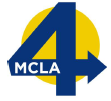 A sample 4-year plan showing a possible sequence of courses in this major. In addition, MCLA in 4 plans are available with the Public Health, or Health and Society minors.
A sample 4-year plan showing a possible sequence of courses in this major. In addition, MCLA in 4 plans are available with the Public Health, or Health and Society minors.Internships & Research
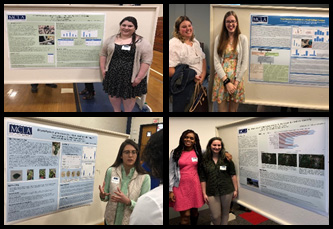 An internship is a required component of the Public Health and Community Health Education
degree. Through this experience, students will gain hands-on experience in implementing
a community health project. Below are some of the locations that hosted our interns
An internship is a required component of the Public Health and Community Health Education
degree. Through this experience, students will gain hands-on experience in implementing
a community health project. Below are some of the locations that hosted our interns
- Berkshire Area Health Education Council (AHEC)
- North Berkshire Community Coalition (NBCC)
- Community Health Program (CHP)
- Berkshire Arc
- Berkshire Family and Individual Resources (BFAIR)
- The Nutrition Center
- MountainOne Health Services
- Berkshire Health Systems (BHS)
Students are strongly encouraged to participate in independent research, additional internships and other experiences that emphasize independent work and demonstration of professional skills. Students can complete additional internships beyond the one required for the program, and students can start working with faculty on research projects as early as their first year at MCLA.
Where do our graduates go?
Graduates of the PHCH program either enter the workforce or continue their education in public health such as MPH programs in Epidemiology or PH nutrition and Communication at George Washington University.
Frequently Asked Questions
Between the small class sizes (our ratio 16:1), carefully crafted curriculum, dedicated faculty and research and internship opportunities, you will be well prepared for a job upon graduation or continued studies at the graduate level.
As a Public Health and Community Health Education student, you will learn how to design, implement and assess health interventions to improve health, safety and quality of life people in your community. You will acquire the rudimentary statistical and epidemiological skills to assess health pattern and trends, design and evaluate the efficacy of health communication campaigns and promote social justice using social and behavioral framework.
MCLA’s Public Health and Community Health Education program will prepare you for a variety of roles within the high-growth public health education field, including:
- Community organizer
- Community health educator
- Health program manager
- Patient educator
- Public health educator
- Social and community service manager
- Social and human service assistant
- Wellness manager
According to the U.S. Bureau of Labor Statistics, community health educators are employed at a variety of settings, such as:
- Schools and colleges, creating programs and materials on topics that affect young adults, like smoking and alcohol use, or advocating for campus wide policies to promote health
- Hospitals and healthcare facilities, teaching patients about diagnoses, treatments or procedures
- Nonprofit organizations, building programs about health issues for communities or helping organizations obtain funding and other resources
- Private businesses, identifying common health problems among employees and creating programs to improve health
- Government organizations like public health departments, administering public health campaigns or providing safety information to the public and the media
*Since May 2015 Massachusetts was one of the top five states for employment of community health workers
The Public Health and Community Health Education curriculum is aligned to the competencies defined by the National Commission for Health Education Credentialing for Health Educator Specialists. This program also aligns with the educational requirements for the Certified Health Education Specialist (CHES) examination, offered through the National Commission for Health Education Credentialing. While it is not mandatory, becoming CHES certified means that you are professionally competent based on national standard and have also demonstrated a commitment to continued professional development. Recently, there has been an increase in employers requiring or preferring the CHES certification for health education positions. Many positions read CHES preferred.
Yes, Yes, and Yes. Public Health and Community Health Education covers many tenets of Public Health and meets the core competencies outlined by the ASSPH. MCLA’s courses are designed to provide the foundation you will need to pursue a Master of Public health (MPH).
Looking for More Information?
Reach Out to Us
We’ll share helpful information and student stories, and we promise not to flood your inbox.

